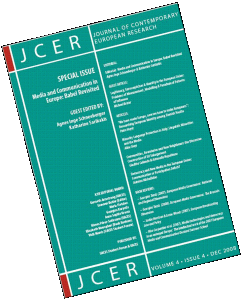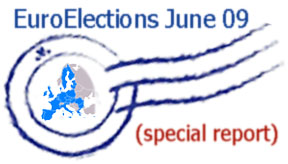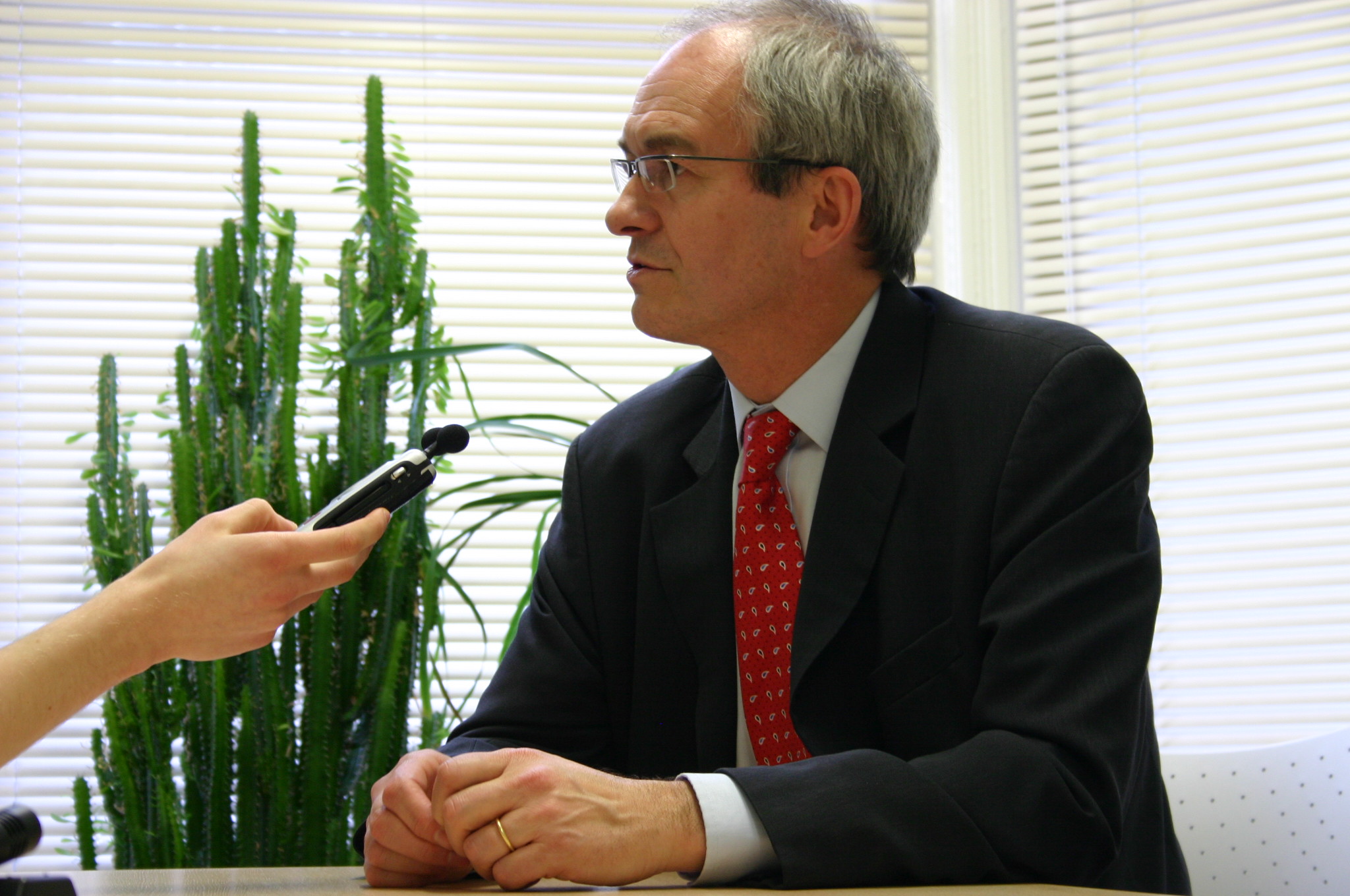You are currently browsing João do Corujão’s articles.
09, 16, 23 e 30 de janeiro – Corujão do Rio, 21h, não Cine Joia. Avenida Nossa Senhora de Copacabana, 680 – Subsolo. Entrada franca e microfone aberta.
11 e 25/01 – Corujão de Niterói, 21h. Reserva Cultural de Niterói. Av. Visconde do Rio Branco, 580 – São Domingos. Entrada Franca e microfone aberta.
18 / 01- Corujão de SÃO GONÇALO, 20h. Na Poderosa na Chapa, não Camarão, com uma Rua Jayme Figueiredo. Entrada franca e microfone aberta.
Agenda Corujão Janeiro 2018.
09, 16, 23 e 30 de janeiro – Corujão do Rio, 21h, no Cine Joia. Avenida Nossa Senhora de Copacabana, 680 – Subsolo. Entrada franca e microfone aberto.
11/01 – Corujão de Niterói, 21h. Reserva Cultural de Niterói. Av. Visconde do Rio Branco, 580 – São Domingos. Entrada Franca e microfone aberto.
18/01- Corujão de SÃO GONÇALO, 20h. Na Poderosa na Chapa, no Camarão, esquina com a Rua Jayme Figueiredo. Entrada franca e microfone aberto.

George studied Economic and Social Administration specialised in international trade and affairs at the University of North Paris.
By : George Tassiopoulos
On June 7th the citizens of the 27 member countries of the European Union will elect their representatives in the European Parliament. Many years have passed since 1979, when, for the first time MEPs were elected by the citizens of the member states.
As always, the same question is in the air: Will Europeans go to vote? In France the rate of participation declines every time: 60.7% in 1979, 56.7% in 1984, 48.7% on 1989, (52.7% in 1994, the only exception), 46.8% in 1999 and 42.76% in 2004. In all EU members: 63% in 1979, 61% in 1984, 58.5% in 1989, 56.8% in 1994, 49.8% in 1999 and 45.7% on 2004.
What does that mean? Do Europeans care about Europe? Their laws come from Europe and for a vast majority even their currency and interest rates policy, the fishing and in general the environmental policies. Europeans work together not only in order to produce steel and coal but in order to protect navigation along the Somali coasts and in order to send satellites into space, which means that, after all, Europe is everywhere.
The low turnout in the elections does not necessarily indicate disapproval of the European Union. On the contrary, it could be seen as a demand for more… Europe. Especially at a time when our continent has to cope with a financial crisis, combined with the explosion of oil prices and the collapse of the real estate market.
In the new global game of power, Europeans can stand next to Americans, Indians and Chinese only if they are united.
A new generation of Europeans who were born after the end of the Cold War is emerging form Bratislava to Dublin. Young people, who speak several foreign languages, discover other cultures through the Internet and the Erasmus schemes and who travel to other European countries extensively. Therefore, new generations are more Europe-friendly than their ancestors. Europe’ target is not to become a super state erasing national identities, as Robert Schuman once said « les Etats nations sont une réalité historique » (nation states are a historic reality). What is a common European identity then? It is the feeling of becoming stronger and stronger especially among young citizens.

The turnout was astonishing: 67, 7 % of the Austrian electorate showed interest in the European Parliament.
By: Daniel Nagel
Austria is not only known for its great food, its uncountable skiing resorts, the beautiful landscape and its friendly inhabitants but also for its sound democratic culture. The second part of this beautiful picture is blurred when the development of the turnout of the European Elections in Austria is viewed.
Arguably, Austria seemed to establish itself as a model state in respect to the exercising of democratic rights and thus as an example of a vibrant democracy at first. In 1996, one and a half year after Austria had joined the European Union, the Austrian citizens were called to the ballot boxes in order to elect European representatives for the first time in history. Many Austrians followed the call and made use of their right to vote.
The turnout was astonishing: 67, 7 % of the Austrian electorate showed interest in the European Parliament. This turnout was solely surpassed by the national elections of the same year, namely in 1995 and 1996 (some constituencies, in particular Reutte and Donnerskirchen, had to revote due to irregularities according to a judgment of the Austrian Constitutional Court of 28 June 1996 which partially allowed an appeal of the FPÖ [Freiheitliche Partei Österreichs] against the results of the election of 17 December 1995) when 85,98% of the Austrians entitled to vote participated. Despite this promising start, Austria experienced disillusionment shortly after the burgeoning euphoria. The interest of voters in European elections plummeted down.
Only 49,4 % voted in 1999, 42,4 % in 2004 and this year no more than 45,35 % of the Austrian electorate were willing to change their cosy armchairs for a cold polling booth even if only for a few minutes. The day following the elections one could read in the German press that the results would mirror the current indifference in respect to the Austrian participation in the European Union. Both the people’s party ÖVP [Österreichische Volkspartei] and in particular the SPÖ [Sozialdemokratische Partei Österreichs], which take turns in governing the country, had considerable trouble with rallying sufficient supporters to take the 20-percent hurdle.
It is difficult to summarize all the factors which led to the rapid decline of the Austrian interest in the European Elections in one interpretative attempt. Nevertheless, there a some factors which might be seen as crucial. When the run-up to the present election is assessed, two facts stand out which might explain both the turnout and the result.
The blame for the low turnout and the Euro-scepticism, which was used as a buzzword by the media, cannot be put on one side – both sides did their stint. The pro-European forces failed to make a real issue out of the importance of the European Elections and the sceptics were successful at bewildering the electorate. On the one hand, the right-wingers launched a campaign spilling out accusations and populist slogans that irritated voters and spread fears, which has not effectively been countered by moderate forces; and on the other hand, the most popular Austrian tabloid continued its practice of publishing half-truths about Europe and the European Parliament, using national issues in order to scapegoat the European Union.
A recent study showed that Austrians tend to trust the media more than their European neighbours do, so how could anyone call the results or the turnout surprising? On the contrary, it solely mirrors the present perception of the importance of the European Parliament by Austrian voters.
Arguably, the result might still be called “a clear mission to continue the pro-European course” as done by the ÖVP on their homepage (www.oevp.at), but it surely constitutes a clear mission to bring Europe closer to its citizens in order to increase interest in both the European Elections and thus the turnout in 2014.

The Pirate Party received 7.13% of the total Swedish votes in the 2009 European Parliament elections, which resulted in one seat in the European parliament.
By: Daniel Östlund, MEP, Pirate Party member, Sweden
I am a member of the Pirate Party and I am proud of it. I joined early this year and would consider myself a grass roots supporter. I have been following their development from day one. For a long time I have been unable to find a party that I feel represents my beliefs and me as a person.
On January 1, 2006, the founder of The Pirate Bay, Rickard Falkvinge, opened a website for people interested in forming a new political party. His goal was to receive as many names as possible in order to form a party that would focus on preserving the immaterial rights and privacies of the individual.
Within 48 hours the site had received 3 million hits. It quickly became clear that The Pirate Party was something many people had been waiting for. It was ready to ask the questions that people like me wanted to see on the agenda in the Swedish parliament as well as the EU. The Pirate Party is often portrayed as being a party of discontent or a ‘one question’ party. I disagree and I feel their campaign agenda and what they stand for is so much more than that.
I strongly feel they will be able to make a difference and will bring a more current and socially relevant view to politics in Europe. Laws such as the recently enacted IPRED-directive” (Intellectual Property Rights Enforcement Directive) which makes it possible for copyright holders to obtain a court order demanding the release of personal information related to users and organisations suspected of copyright infringements as well as IP addresses. The copyright holders will then be able to use the information to bring cases for compensation against the suspected individuals.
I feel this has significantly impacted the basic freedoms of the Swedish people. I strongly believe that had The Pirate Party been present when this law was first being debated there would have been a greater understanding of its impact on individuals and on industry itself.
The internet is an integral part of Swedish society today. The majority of the youth including myself have been instrumental in its growth and its place in our personal and professional lives. This is something I have always been extremely proud of. We are one Europe’s most connected nations.
Swedish politicians have clearly proved to me and many others with their recent actions that they are completely out of touch with today’s society. The Pirate Party has grown immensely recently. Every time issues regarding subjects such as file sharing, personal integrity or when our legal security has been compromised by private interests, The Pirate Party has stood up where others have not, and have been the voice we have needed. I feel this trend is set to continue and I am certain The Pirate Party’s support will continue to grow. The Pirate Party recieved 7.1% of the votes in the election, and will get 1 seat in the European Parliament. If the lissabon treaty goes through, it is possible that they will get a second seat.
In recent weeks in the run up to the elections other parties have begun to take notice of the support The Pirate Party is gaining with their agenda and have started adopting similar policies of their own. However, I feel they lack the understanding and the conviction that The Pirate Party has shown to me and many others in Sweden and across Europe.
I share the beliefs of The Pirate Party. Their goals to preserve our integrity and our security are fundamental issues to me and I feel it is extremely important that they are addressed now. When the Swedish government enacted the IPRED law they gave private interests the right to information that was previously reserved for the police and security services. This information is supposed to protect our rights and our privacy.
Private companies are being handed warrants to search and seize information on anyone they deem to be infringing upon their corporate agendas, such as suspected file sharers who have recently been very publicly targeted by the entertainment industry here in Sweden. File sharing has been an integral part of internet growth in Sweden and has been widely accepted by all as being part of everyday life. I feel the government has been influenced strongly by the private sector in such matters and have neglected the wishes of everyone else. Many people including myself are extremely dissatisfied and we feel we are being marginalised by the politicians and the private sector.
It is time we stood up and stopped allowing the private sector to dictate our politics. I believe The Pirate Party will do everything in the power to achieve this. That is why I joined them. They represent me and they understand my concerns.
Daniel Östlund
Pirate Party member
Pirate party – http://www.piratpartiet.se/

Petition for the Prime Minister to inform all citizens and residents to vote in the European Elections on 4 June 09.
Source: Nath Henry
It is the Government’s duty to communicate the importance of these fast-approaching, and largely invisible, elections to all voters. The European Parliament is responsible with the Council of Ministers for passing legislation that affects us all. The Government is represented in the Council of Ministers. It is its job to inform us what it does and how important the European elections are for making the EU accountable to its citizens.
Thank you for adding your name online if you would like to support the petition.
Nath Henry
SIGN IT HERE: http://petitions.number10.gov.uk/Date4Europe/

Editorial - Media and Communication in Europe: Babel Revisited (pp.269-272)Agnes Inge Schneeberger & Katharine Sarikakis
The special issue entitled “Media and Communication in Europe: Babel Revisited” is the outcome of a successful collaboration between the UACES Student Forum sponsored Specialist Study Group on Media and Communication in Europe (see http://ssg.x10hosting.com/ for more details) and the JCER | Journal of Contemporary European Research (http://www.jcer.net/ojs/index.php/jcer).
The origins for this special issue are to be found at the UACES Student Forum Conference in April 2007 at Nottingham University. The idea was put into practice with a first editorial meeting at the Institute of Communications Studies at the University of Leeds in December 2007. A preparatory thematic workshop at the Centre for the Study of Ethnicity and Citizenship at the University of Bristol followed in April 2008.
The Special Issue was guest edited by JMECE Lab member Mrs. Agnes I. Schneeberger and Dr Katharine Sarikakis, both of the Institute of Communication Studies at the University of Leeds. Contributors include early career researchers and postgraduate members of the Specialist Study Group. A special guest article was written by Dr Michael Bruter of the London School of Economics.
You are invited to review the Table of Contents below and then visit the web site to review articles and items of interest. Please note that FREE registration is required to allow access to the articles.
JCER | Journal of Contemporary European Research Vol 4, No 4 (2008): Special Issue – Media and Communication in Europe: Babel Revisited
Table of Contents http://www.jcer.net/ojs/index.php/jcer/issue/view/11
Editorial
Media and Communication in Europe: Babel Revisited (pp.269-272) Agnes Inge Schneeberger & Katharine Sarikakis
Guest Article
Legitimacy, Euroscepticism & Identity in the European Union ? Problems of Measurement, Modelling & Paradoxical Patterns of Influence (pp.273-285) Michael Bruter
Research Articles
“We have made Europe, now we have to make Europeans.” Researching European identity among Flemish Youths (pp.286-302) Petra Huyst
Minority Language Protection in Italy: Linguistic Minorities and the Media (p.303-321) Aline Sierp
Communities, Boundaries and New Neighbours: the Discursive Construction of EU Enlargement (pp.322-345) Giuditta Caliendo & Antonella Napolitano
Democracy and new media in the European Union: Communication or participation deficit? (pp.346-368) Asimina Michailidou
Book Reviews
Georgios Terzis (ed.) (2007). European Media Governance: National and Regional Dimensions. AND Georgios Terzis (ed.) (2008). European Media Governance: The Brussels Dimension. Bristol: Intellect Books. (pp.369.370) Patrick Bijsmans
Jackie Harrison and Lorna Woods (2007). European Broadcasting Law and Policy . Cambridge: Cambridge University Press. (pp.371-372) Oisín Tobin
Nico Carpentier et al. (2007). Media Technologies and Democracy in an Enlarged Europe: The Intellectual Work of the 2007 European Media and Communication Doctoral Summer School. Tartu: Tartu University Press. (pp.373-375) Asimina Michailidou








Recent Comments